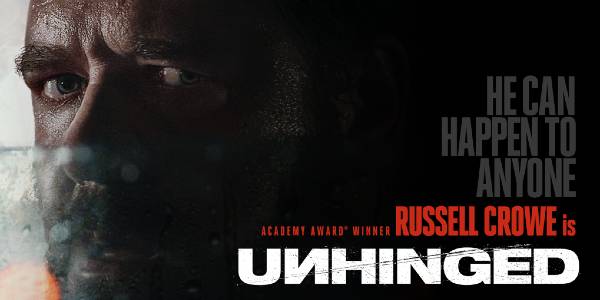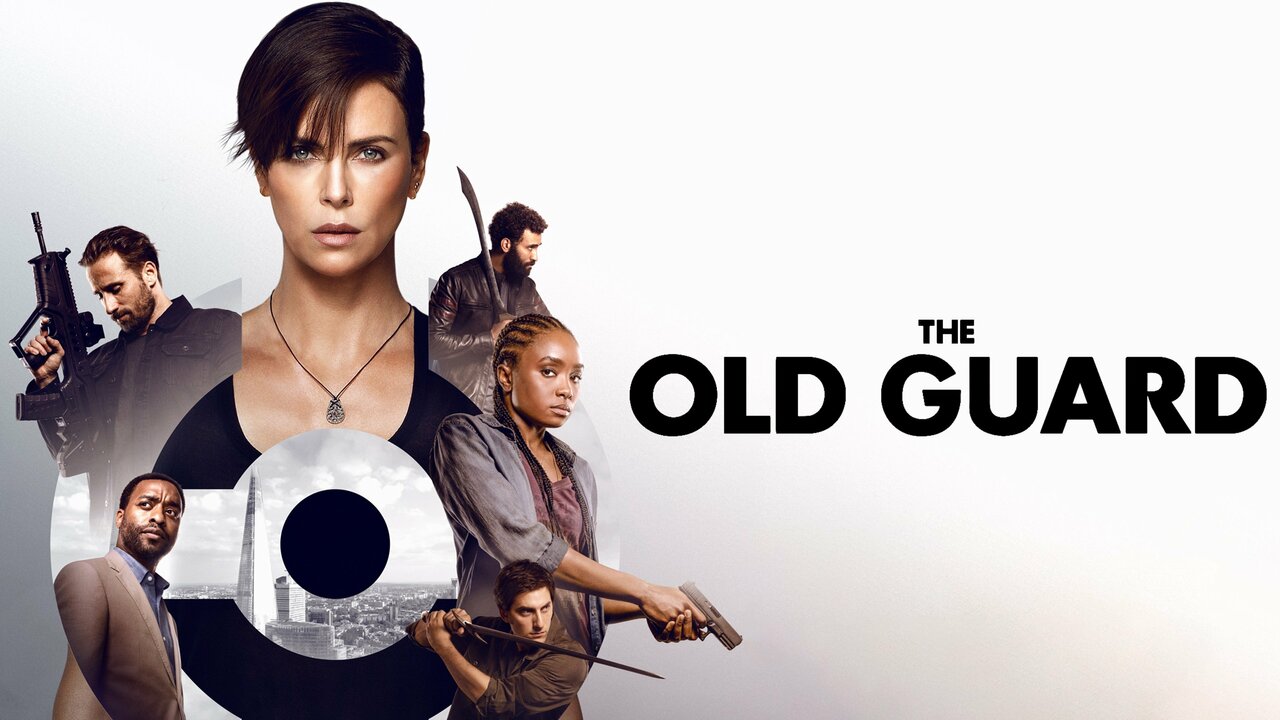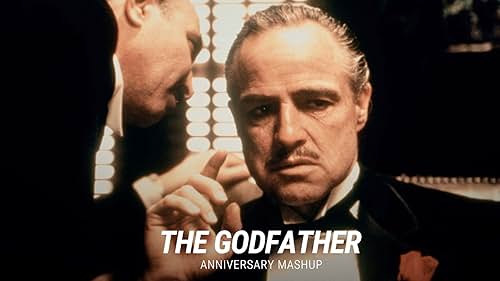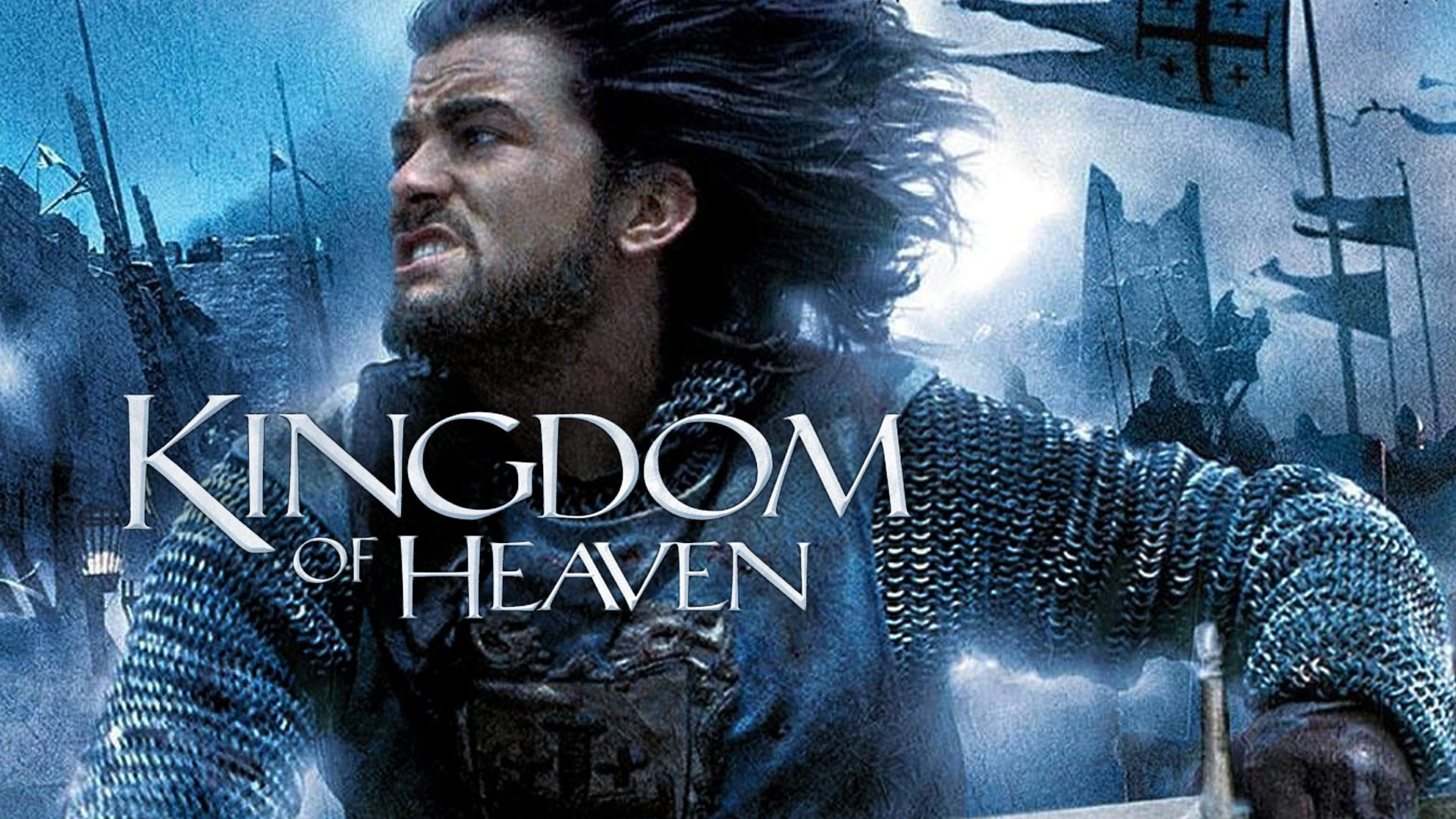FULL MOVIE:
Hungry Hearts (2014) – A Haunting, Intimate Descent into Obsession and Parental Fear
Directed by Saverio Costanzo, Hungry Hearts (2014) is a deeply unsettling psychological drama that examines love, control, and maternal instinct through a claustrophobic lens. It’s a film that begins with a rom-com glow and gradually curdles into a harrowing tale of mental unraveling and emotional captivity, anchored by two mesmerizing performances from Adam Driver and Alba Rohrwacher.
Set in New York but pulsing with European sensibility, the film opens with an unexpected meet-cute: Jude (Driver) and Mina (Rohrwacher) get trapped together in the cramped bathroom of a Chinese restaurant. The moment is awkward, endearing, and oddly intimate—setting the tone for a romance that is unconventional from the start. They fall in love quickly, marrying and expecting their first child. What begins as a blissful union, however, turns darker after the baby is born.
Mina, a gentle, ethereal Italian woman, becomes increasingly obsessed with purity—refusing to expose the baby to chemicals, processed foods, or even traditional medicine. Her naturalistic parenting, rooted in a deep mistrust of the modern world, soon transforms into a dangerous pathology. Jude, at first supportive, grows alarmed as their child begins to show signs of malnourishment. What follows is a slow, agonizing unraveling of their relationship as love gives way to desperation, fear, and an ethical standoff that threatens the life of their child.
Alba Rohrwacher’s performance is transfixing—fragile yet unwavering, she portrays Mina with a kind of haunted grace that never tips into caricature. Her gaze, often distant, suggests both spiritual devotion and emotional detachment. Adam Driver offers a beautifully restrained counterpoint: his Jude is empathetic and grounded, forced into the impossible position of choosing between protecting his child and saving his wife.
Visually, Hungry Hearts is steeped in muted tones and tight, suffocating interiors. Cinematographer Fabio Cianchetti uses narrow framing and soft lighting to trap the viewer in the emotional and physical confines of the couple’s apartment. The film rarely ventures outdoors—emphasizing the psychological prison both characters inhabit. The score is minimal but eerie, accentuating the slow-burn dread that permeates each scene.
What makes Hungry Hearts so powerful is its refusal to simplify its characters. Mina is not a villain—she is a woman driven to extremes by love, anxiety, and an overwhelming need to protect. Jude is not a hero—he is a man grappling with a quiet implosion of his ideals. The film explores the horror that can arise not from malice, but from unchecked devotion and the collision of two people’s unyielding truths.
The final act, chilling and heartbreaking, unfolds with emotional gravity and moral ambiguity. There are no easy answers—only consequences. And in that ambiguity, Hungry Hearts finds its devastating power.
Winner of multiple awards at the Venice Film Festival, including Best Actor and Actress, the film remains a hidden gem in the psychological drama genre—raw, haunting, and beautifully tragic.









